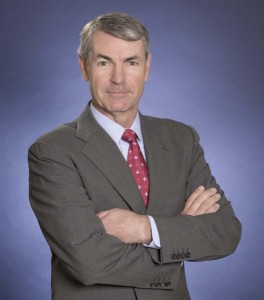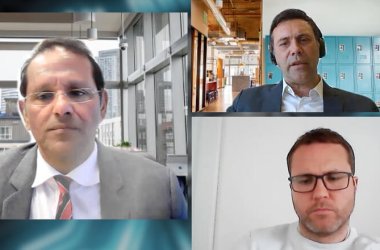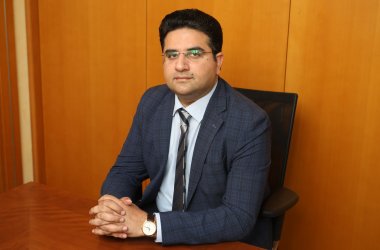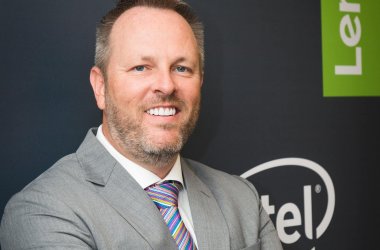
Software-defined network (SDN) and packet-optical solutions provider Cyan recently brought its Chairman and CEO, Mark Floyd, to Dubai, where he looked into setting up a new regional office. The company forayed into this market by signing a partnership agreement with the Dubai-based value-added distributor FVC last year, though it is eyeing expansion. Reseller ME catches up with Floyd to understand what this market means for Cyan.
Could you give us an overview about Cyan?
Founded in 2006, Cyan essentially enables network transformation. Our open platforms provide multi-vendor control and visibility to network operators, making service delivery more efficient and profitable. Our Blue Planet SDN Platform and innovative Z-Series packet-optical hardware have in excess of 150 customers across North America, Europe, South America, Asia and now in the Middle East as well.
How well has the region adopted to SDN solutions?
What is interesting is that historically when a new technology emerges, it usually gets deployed across markets at different time periods but with SDN, it is happening across the globe simultaneously. It is a unique phenomenon. Middle East and Africa is a very large market for us.
For every new technology, there is a period of education first. Then it takes about a year for the business to roll out. We have met many customers who are deeply involved in testing this technology. This market is keen on seeing new technologies that can drastically transform their businesses and we are now present here to offer that. In the Middle East, we are building up a strategy to target the large campus networks, which are run by service providers and build our technology for them. This technology is uniquely positioned to add value to projects such as smart cities. This is because you innovate and create a solution, which is software-based that allows end users to buy services automatically. That is what we deliver to most of the smart cities. This is something unique we will be doing in the Middle East.
Talking about uniqueness, can discuss what is unique to this market or region when compared to other emerging markets?
Let me talk about similarities first. The similarities are that network operators and some of the large enterprises have realised that they can’t continue to build their networks like the way they used to for the last 20 years. Because the capacity of networks and services are growing at a significant rate but the revenue is not growing as fast as per the requirements. You have to change with the times and that is key. In most markets, people have to figure out how to make things work in the existing networks. But this region is like a clean slate because the growth is so huge and there is great opportunity. Probably no other part of the world looks like this.
What are your plans for the region?
It is a strategic market as they have a lot of capital. There are many under deployed networks here, which means there is great opportunity to build on top of it. We see this extremely strategic to our company’s success.
Also, there are many campuses built in the region 10 or 15 years ago, which have run out of their fibre bandwidth, which means they can’t add more capacity. We not only provide SDN solutions but also offer packet-optical solutions, which is hardware. When we combine these two, we have an absolute unique solution.
Could you discuss your strategy for the channel?
We are building the channel. We have signed FVC as our premiere partner. And they have experience in bringing new, niche technologies in the region. We have gained from that experience. The second fact is that they have offices in most of the Middle East and North Africa region, giving us the scale fairly quickly. The idea here is to go deeper with the channel rather than have more channel. As this is a niche technology, it is not easy to learn about it quickly and deploy it.
What do you consider as the biggest challenge in this region?
Our channel partners in the region tend to be stronger than in the other regions. This could be because they probably don’t have corporate support as much as Europe and Asia does from American companies. Therefore, our channel partners understand the technology and pick it up really quickly and are pretty aggressive. The biggest challenge is that this is a phenomena that is happening all across the world, so from a corporate view point, I have to ensure that I put all the resources in all these different markets at the same time. Although a challenge, it’s a positive one. Another challenge is to be able to operate in the whole region within the resources barriers that the companies have here.





